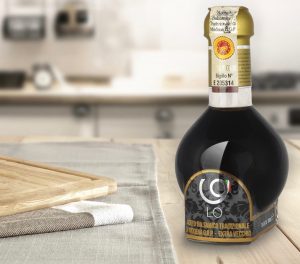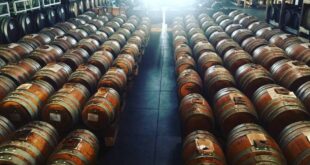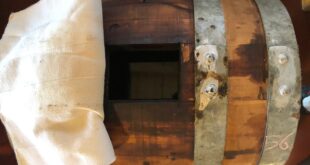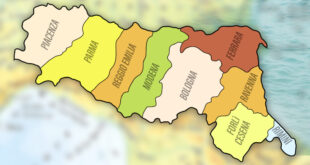The history of the Original Balsamic Vinegar of Modena is important for the development of the product. Indeed, there are documents that report the baking of the must to the time of the Romans. Curious to learn more? Keep on reading!
At the time of the Romans, it was a very important food resource, used in addition to the economic field, even in the military and even in the medical field. There are traces of the presence of cooked must in Cicero’s texts, for example. But, we find evidence in the writings of the poet Mantua, Publius Virgilio Marone, lived before Christ. Of course, it would be wrong to think of a product identical to what we know nowadays. However, even in antiquity, grape must was cooked and subjected to three different reductions (10, 30 and 70%) that produced as many products as “defrutum”, “caraenum” and “sapa”.
 The baked must, perhaps forgotten in barrel or in unsealed vessels, began to ferment and then to acetify. Leaving the product for a while in those conditions was aging. If at the time of the Romans this happened, then, it is at that time that the birth of Balsamic Vinegar happened. The cultivation of unproductive grapes in addition to particular climatic conditions, in addition to the practice of baking the must and bottlenecks, has encouraged the birth and transmission to us.
The baked must, perhaps forgotten in barrel or in unsealed vessels, began to ferment and then to acetify. Leaving the product for a while in those conditions was aging. If at the time of the Romans this happened, then, it is at that time that the birth of Balsamic Vinegar happened. The cultivation of unproductive grapes in addition to particular climatic conditions, in addition to the practice of baking the must and bottlenecks, has encouraged the birth and transmission to us.
During the medieval era, its use was suitable for health diseases like stomachache and headache; indeed its name, “Balsamic” refers to the function of balm that the balsamic vinegar invested.
See how interested is the history of this precious product? Just think about the long process it takes to create it and also the way it is preserved in the barrels for ages. If you are curious to learn more about this process, I suggest you to take a look at this article: http://usebalsamicvinegar.com/best-balsamic-vinegar-importance-time/
Now what do you think about the history of the Original Balsamic Vinegar of Modena?
L-Originale Traditional Balsamic Vinegar of Modena: www.l-originale.com
 Use Balsamic Vinegar All you need to know about Balsamic Vinegar of Modena
Use Balsamic Vinegar All you need to know about Balsamic Vinegar of Modena



